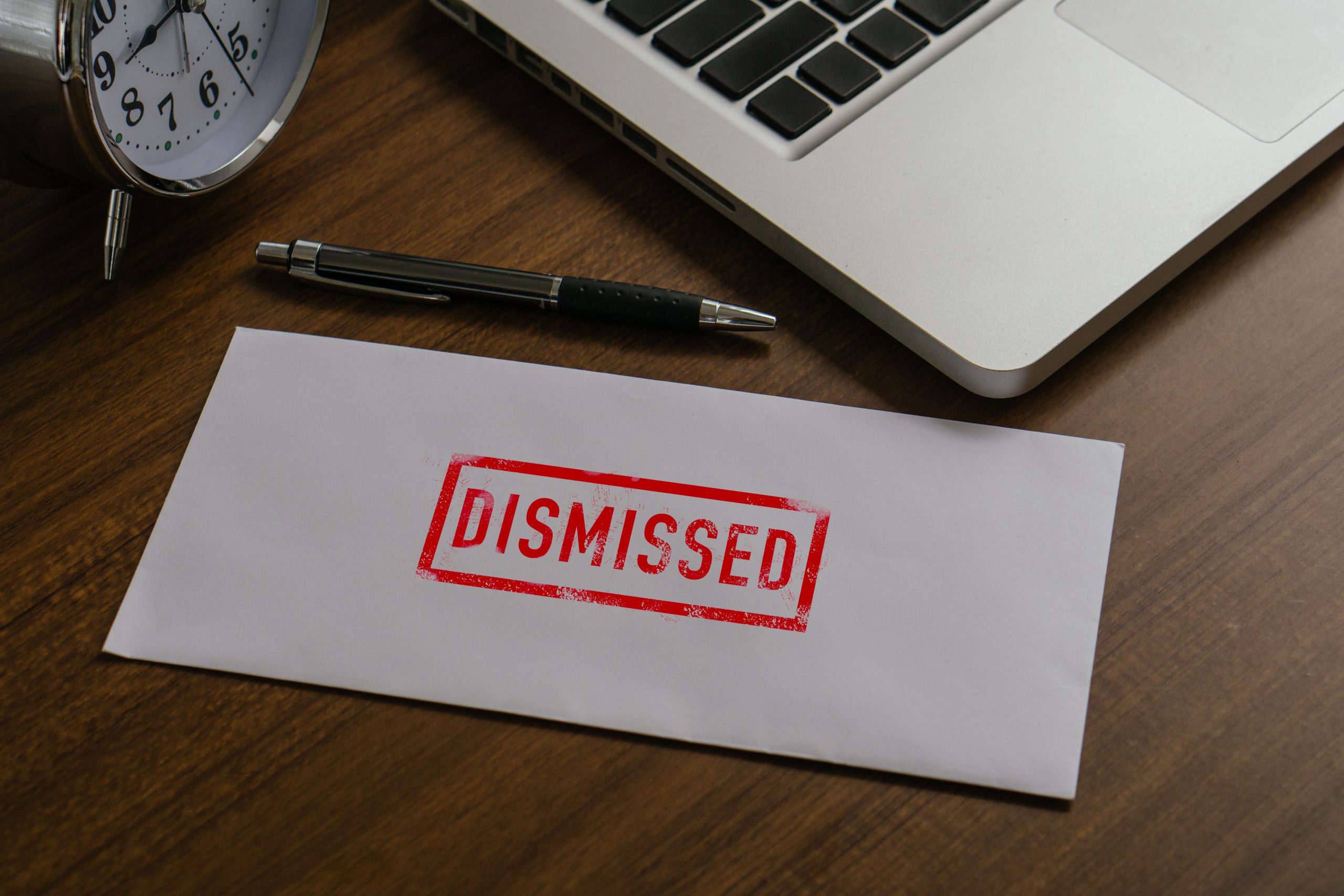“[W]hile the Court can sympathize… [it] has no avenue to compensate Plaintiff for her efforts or any frustration she felt during the patenting process.” – Court of Federal Claims
 On July 25, the U.S. Court of Federal Claims (CFC) issued a ruling in Pulnikova v. U.S. dismissing monetary damages claims for alleged violations of 42 U.S.C. § 1983 by patent examiners and officials at the U.S. Patent and Trademark Office (USPTO). Although the CFC expressed its sympathy for the inventor’s frustrations, including the pro se filing of “appeal-books” containing thousands of pages responding to office actions, the court added that it lacked subject matter jurisdiction to award the type of damages sought.
On July 25, the U.S. Court of Federal Claims (CFC) issued a ruling in Pulnikova v. U.S. dismissing monetary damages claims for alleged violations of 42 U.S.C. § 1983 by patent examiners and officials at the U.S. Patent and Trademark Office (USPTO). Although the CFC expressed its sympathy for the inventor’s frustrations, including the pro se filing of “appeal-books” containing thousands of pages responding to office actions, the court added that it lacked subject matter jurisdiction to award the type of damages sought.
Thousands of Pages in Appeals Filing Underpin $1.7 Billion Damages Claim Against USPTO
Inventor Valentina Pulnikova filed her lawsuit against the U.S. government last November, more than 15 years after she filed a series of four patent applications at the USPTO covering systems and methods for online trade. During a 12-year prosecution process, Pulnikova filed several responses to USPTO office actions, including a 631-page appeal of a notice of non-compliant amendment; three appeals to final office actions totaling nearly 3,000 pages in length; a 594-page appeal alleging that the patent examiner and administrative patent judges falsified patent law leading to a final decision of the Patent Trial and Appeal Board (PTAB); a 109-page letter to the USPTO Director seeking compensation for falsifications during patent prosecution; and a 2,401-page request to the U.S. Attorney General seeking assistance for obtaining compensation from the USPTO. Following prosecution, Pulnikova obtained patent rights to inventions claimed in each of the four patent applications.
Pulnikova’s lawsuit against the federal government sought more than $1.7 billion in damages for falsifying patent law in the underlying office actions, causing Pulnikova to write the lengthy appeal-books, and for publishing the inventions in her patent applications, leading others to practice Pulnikova’s invention and allegedly causing psychological damage. Specifically, Pulnikova sought $126.36 million in actual damages for writing the appeal-books, $1.65 billion in compensatory damages for psychological trauma, and $402 to recover her filing fee costs.
This January, the U.S. government filed a motion to dismiss Pulnikova’s suit under Federal Rule of Civil Procedure 12(b)(1) for lack of subject matter jurisdiction over the plaintiff’s Section 1983 and tort claims. Although the CFC’s ruling stated that claims by pro se litigants are construed liberally, plaintiffs bear the burden of filing claims within the CFC’s limited subject matter jurisdiction. This jurisdiction is defined by the Tucker Act of 1887, which waives the sovereign immunity of the United States with respect to claims arising under Acts of Congress or for damages in cases not sounding in tort law.
No Redress for Section 1983, Emotional Distress Claims Within CFC’s Jurisdiction
While Pulnikova’s Section 1983 claims arise from statutory language within the Civil Rights Act of 1871, the CFC ruled that it was well settled that it lacked the jurisdiction to hear damages claims for the deprivation of constitutional or federal rights by a government official acting under color of statute. Further, the CFC ruled that Pulnikova’s damages claims for “emotional pressure” and “psychological injury” sounded in tort and were thus also outside the jurisdiction expressly defined by the Tucker Act. Pulnikova argued that her claims were rather based on willful violations of patent law and breach of contract, but the CFC held that the USPTO’s duty to follow U.S. patent law was not an agreement giving rise to contract claims.
The CFC also granted Pulnikova’s motion for leave to file surreply to discern her precise legal claims, mainly due to Pulnikova’s pro se litigant status, as surreplies are generally disfavored. However, the court concluded by noting only limited redress existed for patent claims within the CFC’s jurisdiction. The patent venue statute at 28 U.S.C. § 1498(a) only provides redress for patent infringement claims at the CFC. Further, the CFC does not have jurisdiction to review actions by federal agencies, reasoning that Pulnikova’s claims related to routine patent examination processes should rather be appealed to the PTAB under 35 U.S.C. § 134, and then to the Federal Circuit following a PTAB final decision under 35 U.S.C. § 141. The decision concluded:
“[W]hile the Court can sympathize with the time and effort expended by Plaintiff in securing her patents, the Court has no avenue to compensate Plaintiff for her efforts or any frustration she felt during the patenting process.”
Image Source: Deposit Photos
Image ID:510374994
Copyright:witsarut1803.gmail.com

![[IPWatchdog Logo]](https://ipwatchdog.com/wp-content/themes/IPWatchdog%20-%202023/assets/images/temp/logo-small@2x.png)

![[Advertisement]](https://ipwatchdog.com/wp-content/uploads/2024/04/UnitedLex-May-2-2024-sidebar-700x500-1.jpg)
![[Advertisement]](https://ipwatchdog.com/wp-content/uploads/2024/04/Artificial-Intelligence-2024-REPLAY-sidebar-700x500-corrected.jpg)
![[Advertisement]](https://ipwatchdog.com/wp-content/uploads/2024/04/Patent-Litigation-Masters-2024-sidebar-700x500-1.jpg)

![[Advertisement]](https://ipwatchdog.com/wp-content/uploads/2021/12/WEBINAR-336-x-280-px.png)
![[Advertisement]](https://ipwatchdog.com/wp-content/uploads/2021/12/2021-Patent-Practice-on-Demand-recorded-Feb-2021-336-x-280.jpg)
![[Advertisement]](https://ipwatchdog.com/wp-content/uploads/2021/12/Ad-4-The-Invent-Patent-System™.png)






Join the Discussion
One comment so far.
B
July 30, 2023 09:46 pmThe PTO is free to break every law and constitutional provision without consequence.
That said – the decision is correct. The CFC has no jurisdiction.